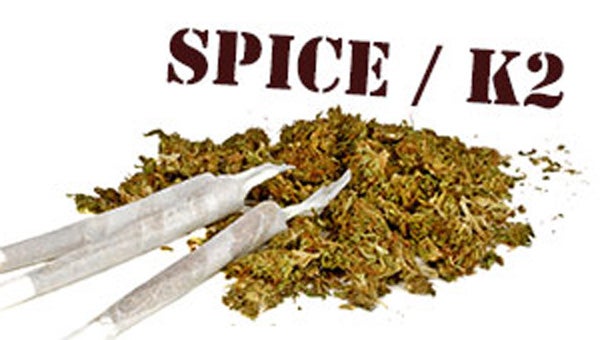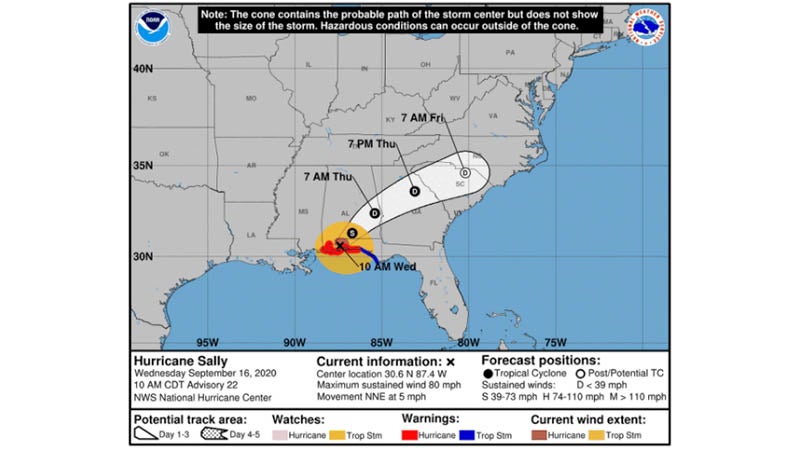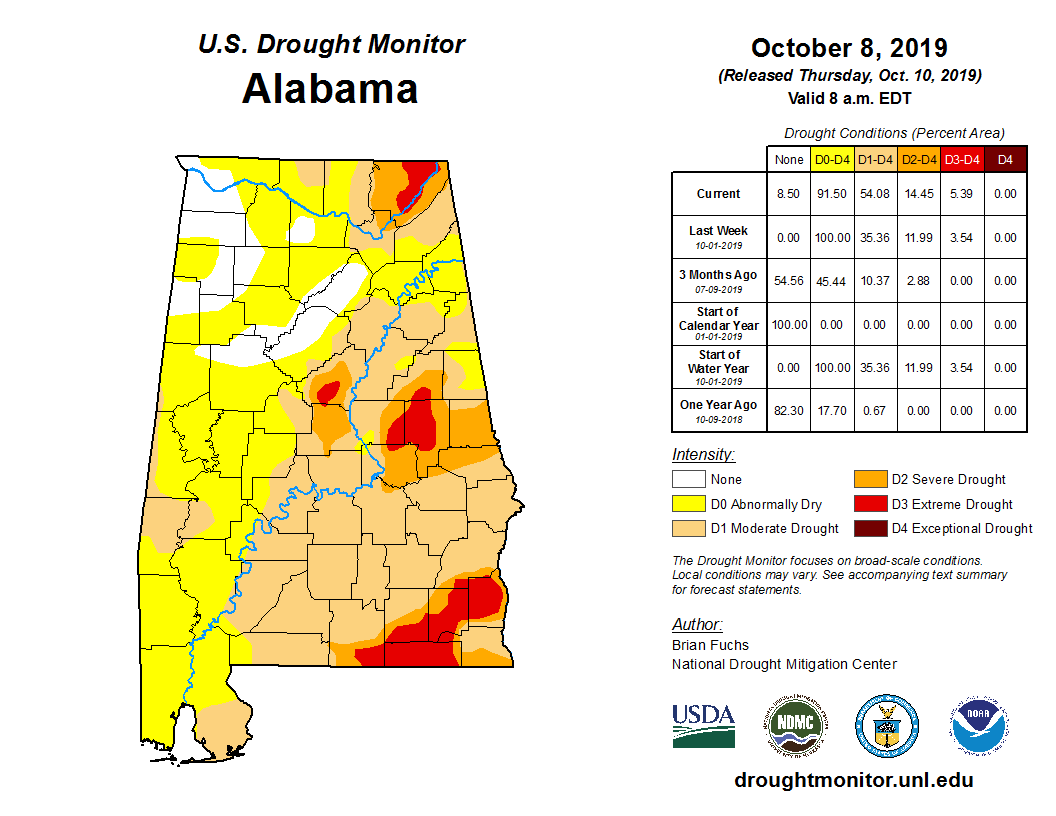DA: County has a spice problem
Published 12:04 am Wednesday, April 15, 2015
Covington County has a spice problem, District Attorney Walt Merrell said Tuesday.
Spice, which is synthetic marijuana – known on the street as K2, G-Force, Dank, Magma, Ninja, Puff, Skink and other names – is an organic-based, dried vegetable matter that is saturated with chemical compounds known to cause a hallucinogenic or psychedelic effect.
“Most of it comes from Mexico and from the Pacific in China, and India,” Merrell said. “It’s hard to pinpoint exactly. Most of it comes from out of the country.”
Last October, 22nd Judicial Drug Task Force agent Dave Harrell explained to a crowd gathered at Andalusia High School that spice doesn’t have the same properties as marijuana, but instead has the same as LSD.
“It’s just as dangerous as anything else in Covington County,” Harrell said then. “I haven’t looked at the statistics, but I’d say that 90 percent of drug arrests we make, they also are in possession of synthetic marijuana.”
Merrell said the big problem with the drug is that nobody knows the chemical compound being used, adding that spice is prevalent on the black market.
“The chemical compound is made in a lab somewhere or a chemical processing plant,” he said. “It’s a black market trade there just like it is here. It’s not like a bunch of guys in white coats are putting in the right ingredients.”
There are so many different chemicals in spice that one could get 10 different packages of spice, analyze the contents and come up with 10 different recipes, Merrell said.
Spice can also be made into different colors, but Merrell said he’s seen it look brown and almost like pencil shavings.
“The general idea is you take that organic-based matter that’s dried out and saturate it in the chemical recipe and market it for ingestation,” he said.
Spice came to the county and was marketed as incense, which would allow it to be sold on convenience store shelves, Merrell said. It became illegal in late 2012 and early 2013.
“If we analyze it and it comes back as spice, it doesn’t matter what the package says, it’s illegal,” Merrell said, adding that it’s also dangerous.
In fact, Merrell said numerous studies have linked an increase of suicides to spice use.
In order to combat the problem, Merrell said, local authorities — the ABC Board and the DTF — are working extra hard to get spice off the streets.
“The ABC guys routinely spot check the convenience stores to make sure they don’t have any product on the shelves that’s illegal,” he said. “The ABC Board does a pretty good job of keeping track on that.
“The DTF has gotten pretty adept and able to identify it on the street,” he said. “The drug task force tells me that they usually see it in connection with another drug. You don’t see it by itself. It’s usually with cocaine and spice, meth and spice or some other drug.”
Right now, the district attorney’s office is actively prosecuting a case, which hasn’t gone to trial yet, on a convenience store owner who knew it was illegal, and had a bunch of it in his store and his home.





